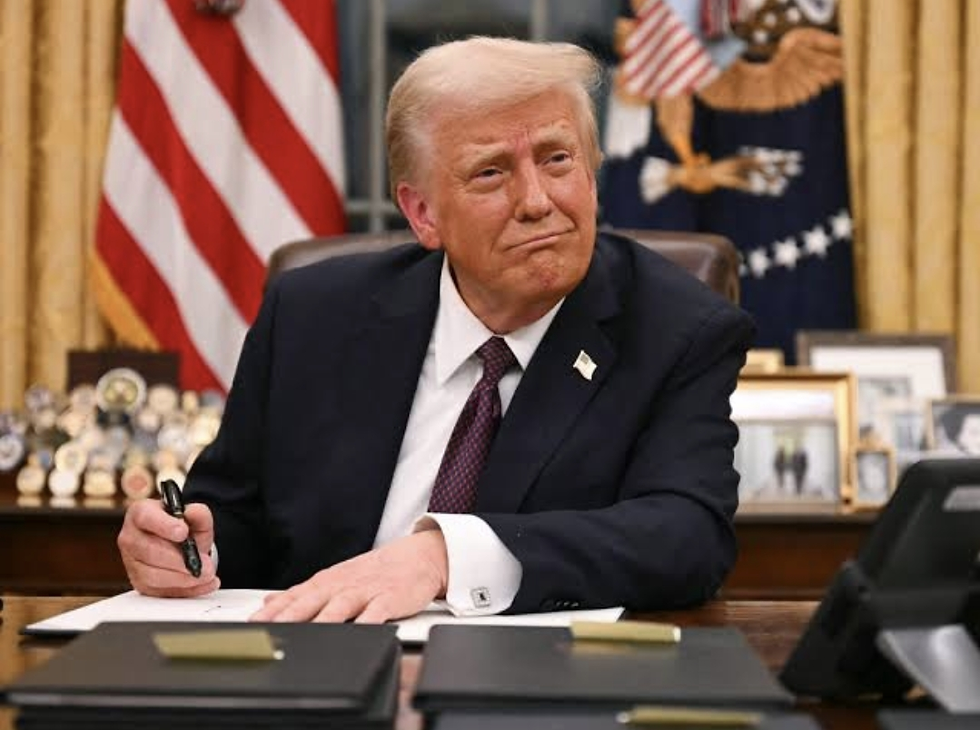U.S. Halts New Student Visa Interviews Globally as Trump Administration Plans Tighter Social Media Vetting
- Rejoice Nnadiugwu
- May 27
- 2 min read

In a sweeping new directive, U.S. Secretary of State Marco Rubio has ordered American embassies and consulates around the world to immediately cease scheduling new interviews for student visa applicants. The decision, which comes as the Trump administration considers stricter social media screening measures, is expected to impact thousands of international students preparing for academic programs in the United States.
The instruction, detailed in a classified cable sent to diplomatic missions worldwide on Tuesday, is the latest move in a broader effort by the administration to crack down on what officials describe as foreign influences that allegedly contribute to antisemitism on American campuses.
“Effective immediately, in preparation for an expansion of required social media screening and vetting, consular sections should not add any additional student or exchange visitor (F, M and J) visa appointment capacity until further guidance is issued,” Rubio stated in the cable.
The freeze affects all new appointments for F visas (for academic students), M visas (for vocational students), and J visas (for exchange visitors), which are typically required for international students, researchers, and cultural exchange participants entering the United States.
Rubio emphasized that interviews already scheduled prior to this directive will proceed as planned, but no new slots should be added until further instructions are issued. He noted that additional guidance is expected within days.
The State Department's decision follows increasing political pressure from conservative lawmakers and activist groups calling for a reassessment of foreign student influence, particularly in light of heightened tensions on U.S. campuses related to the Israeli-Palestinian conflict. Critics argue that international students have, in some cases, fueled divisive rhetoric and antisemitic incidents.
This latest policy shift underscores the Trump administration’s growing focus on ideological and digital background checks as a cornerstone of its immigration strategy. While previous administrations have lightly scrutinized applicants' online presence, the current plan signals a potential expansion of digital surveillance as part of the visa approval process.
Reactions to the directive have been swift, with many U.S. universities expressing concern that the move could damage academic exchange, international cooperation, and America’s standing as a global leader in higher education. Advocacy groups warn that the policy risks turning away high-achieving foreign students and researchers who contribute significantly to the U.S. economy and innovation landscape.
As embassies brace for further clarification, affected applicants are urged to monitor updates closely and maintain contact with their host institutions for guidance.



Comentários